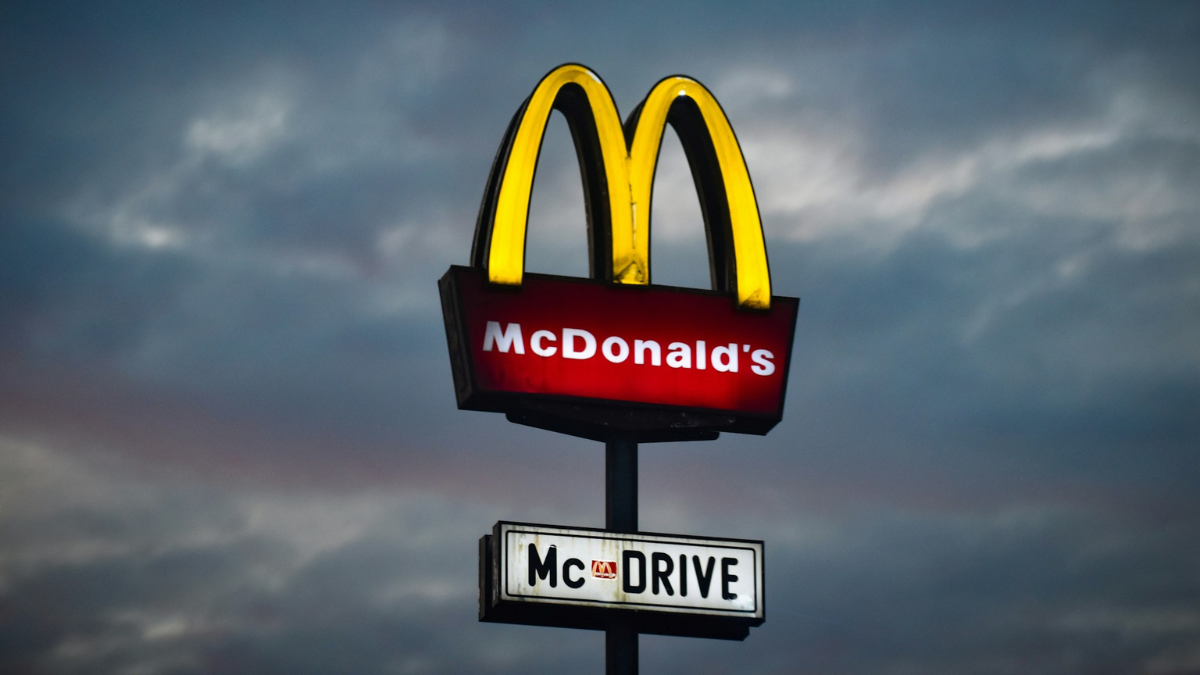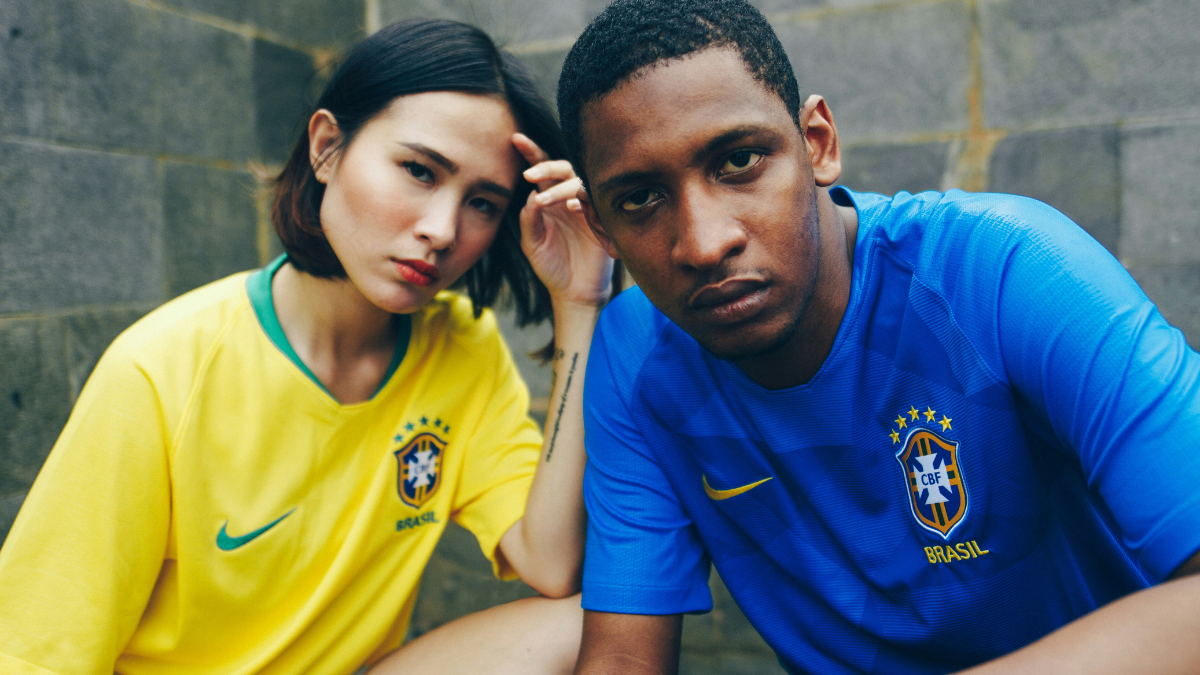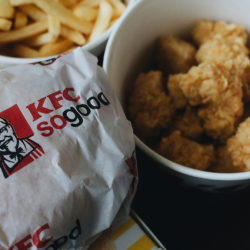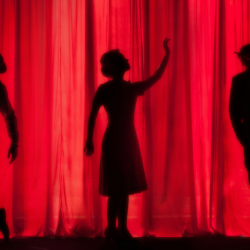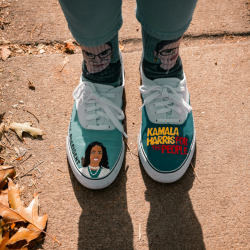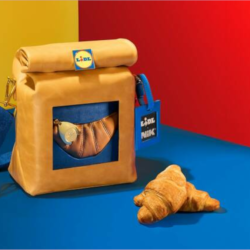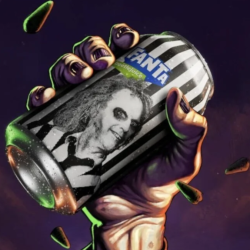Being in the public eye can take its toll…
The greater the fame, the higher the fall. As a result, celebrities sometimes cycle through several iterations of their ‘identity’ to try to clamber back up to the heights of their former self or more accurately, former ‘status’.
The result? Either their growth is inhibited before it even gets started or their image becomes detached from what actually made them famous in the first place. Just as fame poses a threat to celebrities and their stardom, it can also deliver a nasty bite to the mighty food and drink brands we all know and love. Many brands have launched products that have come and gone, leaving only a vague memory of what went wrong. Remember McDonald’s McSpaghetti? Pepsi’s Crystal Pepsi? No, barely anyone does, much like the odd celebrity long since faded to an industry footnote.
From poorly thought through rebrands to embarrassing, tone-deaf mishaps, brands aren’t exempt from letting stardom go to their heads. For any food and drink brand brainstorming ways to keep your brand fresh, here are a few celebrity faux pas to look out for:
The untouchable ‘God’ complex
We all know the celebrities who think they can do no wrong because they are just that famous, that untouchable. In their eyes, they’re god-like. And accordingly, they should be everywhere, always, doing everything.
Brands would be wise to steer clear of mistaking confidence for arrogance, self-understanding for carelessness, all-seeing for all-knowing. Because if you are everywhere, known for everything, then arguably, you’re actually nowhere, known for nothing. From my time working in China, where celebrity endorsement is a tried and tested advertising technique, I’m willing to bet that I’ve seen David Beckham’s face on more Chinese billboards than you’ve had hot dinners. But whilst his face is ingrained in my memory, I can’t tell you the brand(s) he was advertising.
Then there’s a celebrity like George Clooney — a suave, quietly confident gent, that chooses his brand partnerships to match. He’s not interested in being the face of everything, preferring to match his own identity to the partnered brand. This made him a match made in heaven for Nespresso.

This is a vital lesson for brands looking to stay true to who they really are. You don’t need to be all things to all people; just the right things to the right people. When it comes to McSpaghetti, it’s a classic case of losing sight of the brand’s legacy. The golden arches are a powerful tool in the marketing arsenal. Veering that far from the brand’s core fast food offering towards the classic sit-down dinner dish was a rookie error. Stay true to yourself, and the consumers will follow.
Walk the walk, don’t just talk
Authentic consistency is key, whether celebrity or brand. If you say one thing one day and another the next, cracks will show and fans will divide.
There’s a point to be made about the multi-talented nature of both celebrity and brand — see Ryan Reynolds for more details. The world-famous actor that lent his time to running Mint Mobile and Aviation American Gin (before selling his shares in both), oversaw Wrexham FC’s revival and continues to be involved in Creative Ladder, an organisation working to diversify the creative industries.
Reynolds spreads his values across ventures each dissimilar to the next. But that doesn’t make him inauthentic — it makes him multi-talented. He ensures his fame works across multiple aspects of his life, leveraging his legacy to help catapult his collaborations.
The same can be said for KFC and Cheetos. Their recent collaborative ad brought Colonel Sanders and Chester the Cheetah together to introduce a new culinary creation, ‘Crunchin’ Cheese Fried Chicken’. It showed how two iconic legacy brands can still add new strings to their bows and be bold by branching out in a considered way.
Can picking a fight sometimes pay off?
Celebrities can sometimes pick a fight to gain fame and trigger headlines. But can it pay off if brands do the same? Is it ever worth courting controversy to gain fame? In short, yes.
The Burger King vs McDonald’s war has been waging since the 1970s, in a spit-for-spat bickering match that’s stirred up a lot of attention over the years. Thanks to their pitch-perfect brand executions, however, both brands come away laughing. They revel in each other’s jibes, turn rivalry into marketing opportunities and above everything, nearly always see the fun in it all. As for us, well we just chuckle and carry on eating our McWhoppers.
The same can also be said for the rivalry between two of the world’s leading rappers. A raging feud between two households, both unlike in dignity, Drake vs Kendrick has fuelled years of lyrical chart-topping tracks, each with new jibes and disses provoking highly anticipated reactions. But behind the tracks and the frosty relationship, the fire grows among fans arguing who is truly the better lyricist.
While an agreement may never be reached, no one can deny the success of the age-old, rapper-feud, celebrity marketing technique. Dating back to Biggie and Tupac, it’s a tried and tested tactic that’s guaranteed to succeed. All PR is good PR right?
Fame comes with a price, so name yours wisely
We all know that celebrities aren’t built to last, particularly in our flash-in-the-pan, instant world. Fandoms for many of us can be confined to our teenage years and brands that choose to partner with celebrity figureheads do so knowing the risks. Whether it’s P Diddy’s Ciroc partnership or Kayne West’s Adidas collaboration, we’ve all seen how quickly legacies can turn from sweet to sour.
But as with every rule, there are exceptions. Whether a celebrity or brand, those who stand the test of time never lose sight of their integral identity: the thing that made them famous in the first place. They find the sweet spot by keeping fans, customers or followers as their north star.
To have a legacy that can survive generations, through evolutions and iterations, you need to maintain relevance, recognition and fame. But fame does come with a price, so name yours wisely.
Featured image: Jurij Kenda / Unsplash


















